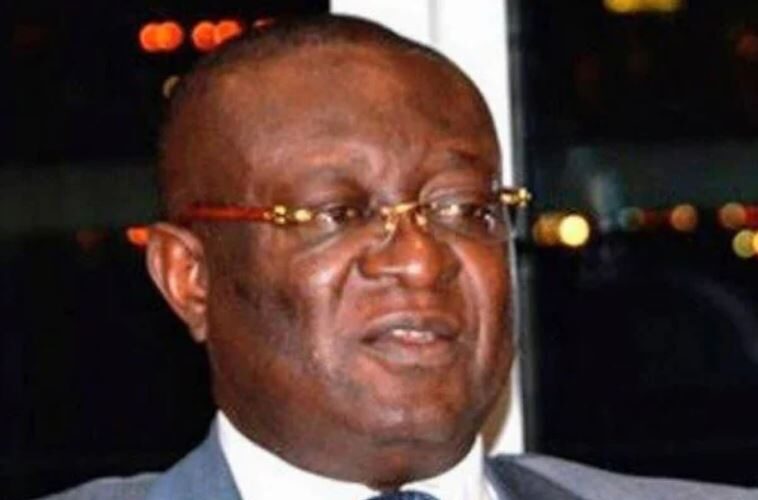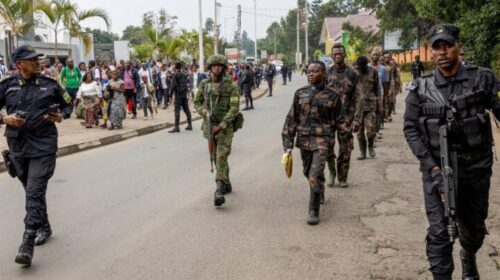Congo justice minister resigns
Democratic Republic of Congo Justice Minister Celestin Tunda resigned on Saturday after an argument with the President over legislative proposals that would give politicians more control over law enforcement.
In a televised statement, Tunda gave no reason for his departure one week after President Felix Tshisekedi’s private threat of firing Tunda if he didn’t quit, sources close to the president said.
The disagreement over a proposal by Tunda’s political allies to give the Justice Department more control over the judiciary highlighted the tensions in the coalition between Tshisekedi and his long-time predecessor Joseph Kabila.
Tshisekedi said in a speech that he would speak out against reforms that undermine the independence of the judiciary.
“I am leaving the government convinced that my actions in the Department of Justice have helped strengthen the rule of law,” said Tunda, a senior figure in the Kabila FCC alliance.
Peter Kazadi of the Tshisekedi UDPS party said Tunda sent a letter to parliament approving the judicial reforms without consulting the government.
“His resignation is normal because the minister has violated the government-determined line,” Kazadi told
Tension mounted in late June when Tunda was briefly detained by police, prompting Prime Minister Sylvestre Ilunga to threaten the government would resign over the matter.
His resignation “removes one element of tension between the two camps, but it’s far from the only point of contention,” said Vincent Rouguet at London-based security firm Control Risks. “(It) is not going to be enough to restore collaboration.”
Tshisekedi has struggled to assert himself since forming a coalition government in January 2019 with Kabila, who maintains extensive powers through his parliamentary majority, control of most cabinet ministries and the army.
Friction between their parties has spilt into the streets in recent weeks. On Thursday at least three people including a policeman were killed during protests in Kinshasa and elsewhere over the nomination of an election commission chief.





